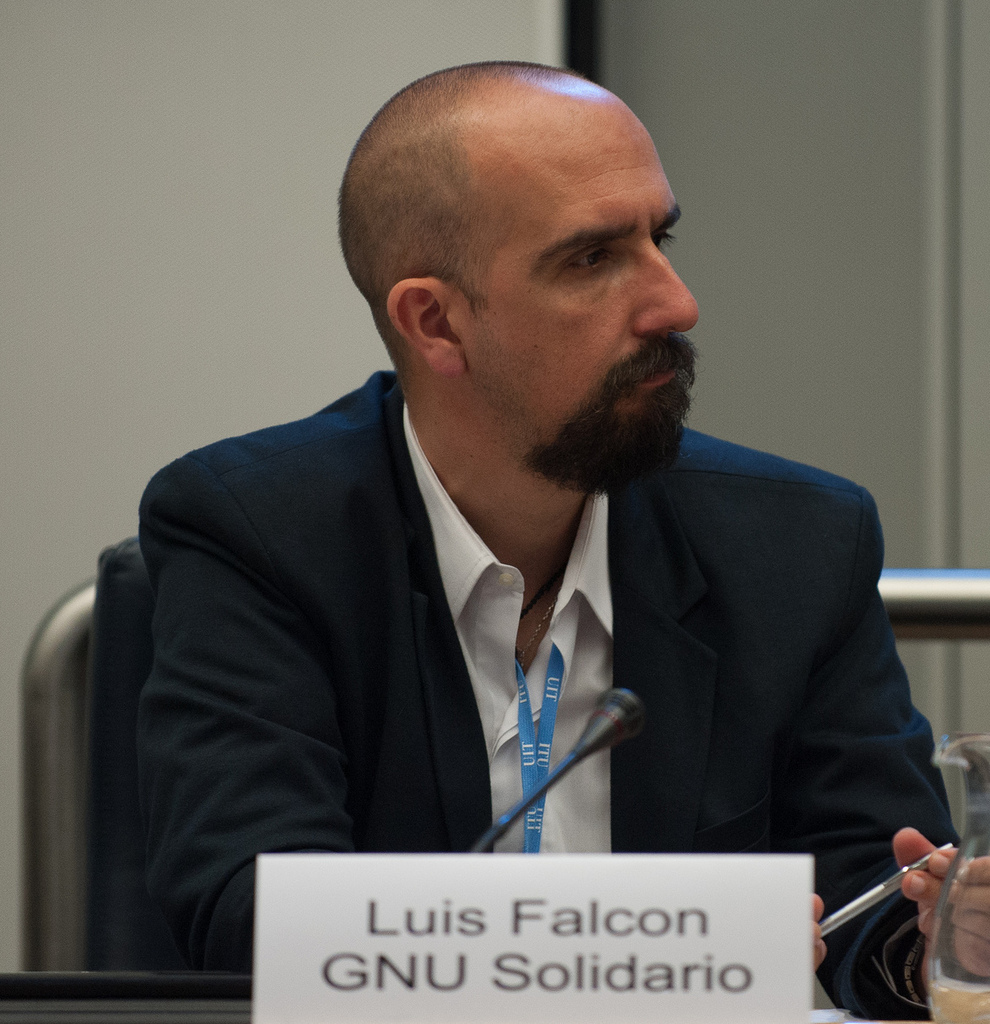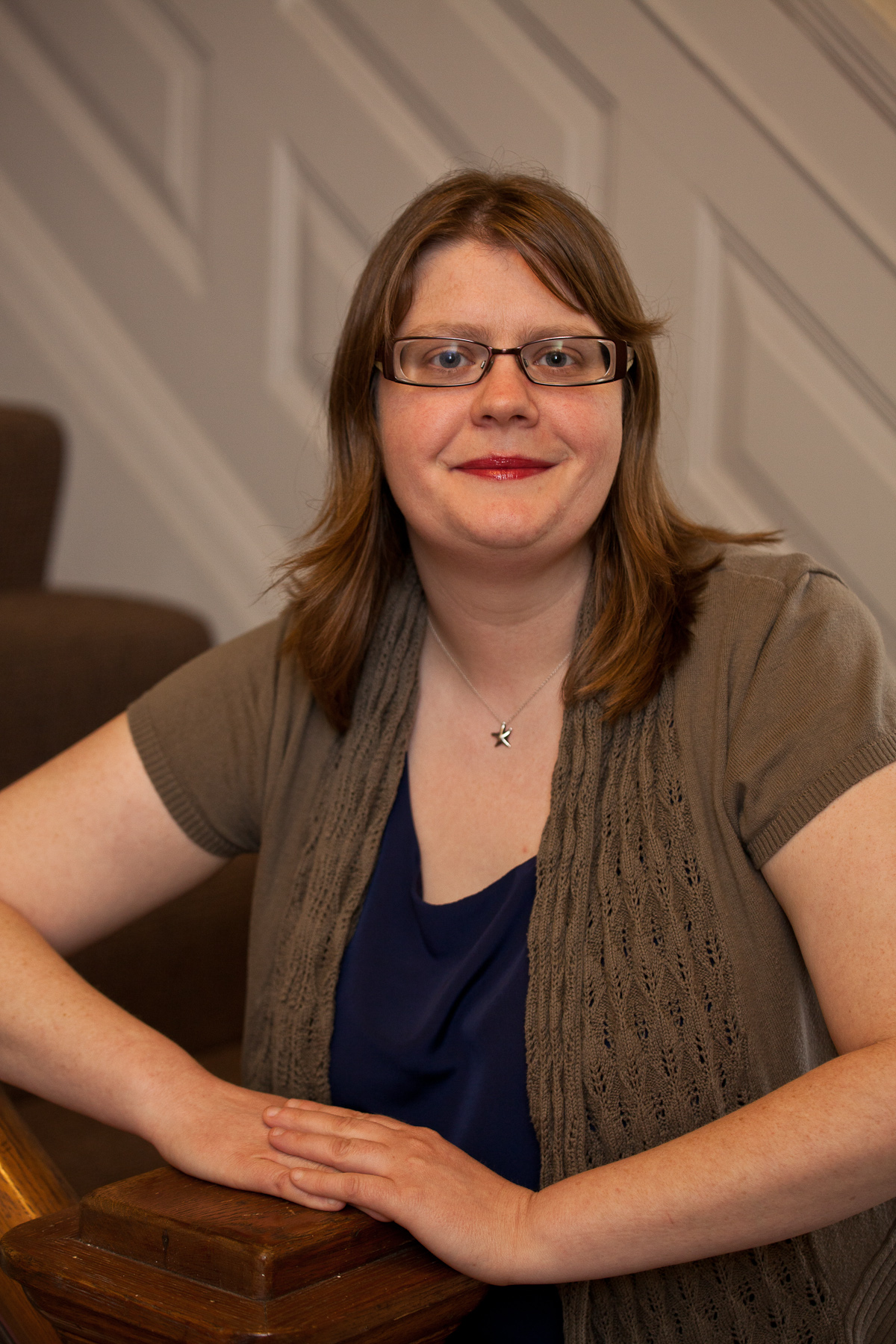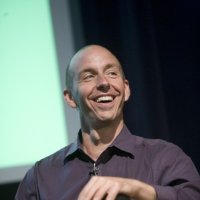Title: Differentiating Communication Styles of Leaders on the Linux Kernel Mailing List
Authors: Daniel Schneider, Scott Spurlock and Megan Squire (Elon University)
Abstract: Much communication between developers of free, libre, and open source software (FLOSS) projects happens on email mailing lists. Geographically and temporally dispersed development teams use email as an asynchronous, centralized, persistently stored institutional memory for sharing code samples, discussing bugs, and making decisions. Email is especially important to large, mature projects, such as the Linux kernel, which has thousands of developers and a multilayered leadership structure. In this paper, we collect and analyze data to understand the communication patterns in such a community. How do the leaders of the Linux Kernel project write in email? What are the salient features of their writing, and can we discern one leader from another? We find that there are clear written markers for two leaders who have been particularly important to recent discussions of leadership style on the Linux Kernel Mailing List (LKML): Linux Torvalds and Greg Kroah-Hartman. Furthermore, we show that it is straightforward to use a machine learning strategy to automatically differentiate these two leaders based on their writing. Our findings will help researchers understand how this community works, and why there is occasional controversy regarding differences in communication styles on the LKML.
This contribution to OpenSym 2016 will be made available as part of the OpenSym 2016 proceedings on or after August 17, 2016.


